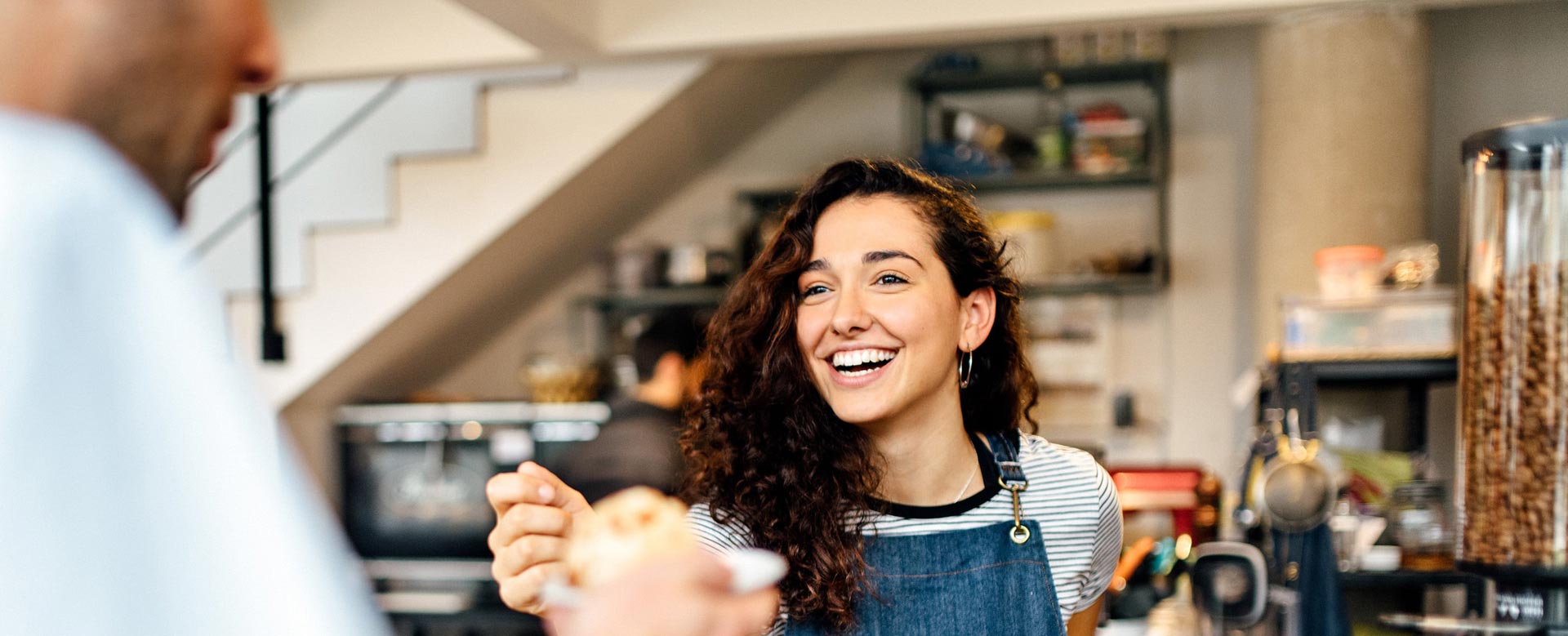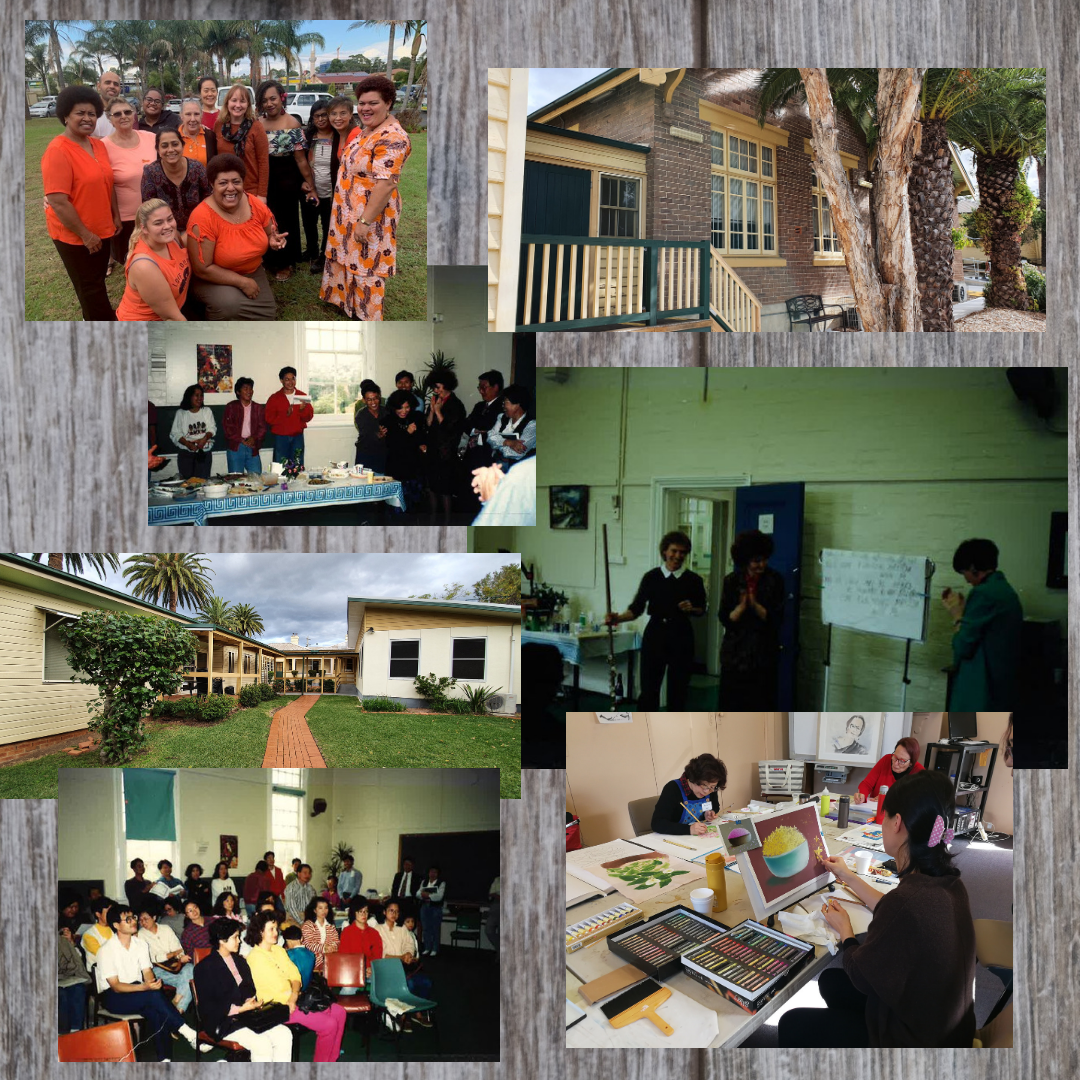Photo: A collection of photos from MCC, past and present!
Happy 70th birthday, MCC!
The diverse and agile Macquarie Community College of 2020 had its origins in 1950– Monday 24 June 1950 to be precise, when the Eastwood Evening College was one of the first Evening Colleges to open its classroom doors to local, adult learners. Much has changed since then, but many things remain.
Macquarie Community College today is the ongoing entity that has adapted and added to our services and operations over the past 70 years to serve the geographies and clients of the vanguard of the Evening Colleges movement.
The College operations today stretch across Sydney’s north and west from Carlingford, Ryde and Chatswood to Mount Druitt and Richmond – the proud and ongoing legacy of those who created the Ryde Youth College, Eastwood, Carlingford, North Ryde, Chatswood, and Hawkesbury Colleges as well as the volunteers, staff, students, funders and client organisations that enable us to continue our Purpose of creating and providing affordable and inclusive adult learning opportunities in the community for the community.
The Beginnings – the 1950s
The NSW Evening Colleges of the 1950s were a unique experiment in the provision, at scale, of quality, free adult education across a very broad range of disciplines and subjects, across metropolitan and regional NSW.
Two enduring themes of the movement have been community engagement and the support of the NSW Government. Eastwood Evening College was established with the guidance and direction of the Department of Education which at the time had a Board of Adult Education, superintendents and inter-departmental resourcing arrangements to maximise and leverage their educational infrastructure and human resourcing.
Eric Arnold was appointed to the inaugural Principal role, having served for 20+ years at Fort Street Boys High. A small team of part-time staff established the Evening College at Rowe Street’s Eastwood Public School. The team and the organization grew rapidly and was generally known as the largest metropolitan Evening College.
Courses were designed to meet community needs, with a strong emphasis on quality teaching and delivery. By 1955 the Eastwood Evening College boasted a diverse teaching staff creating more than 100 courses and many ‘’annex” locations. 1790 adult learners accessed courses after working hours for leisure and interest (arts and crafts, millinery, dance), for work (book-keeping, typing and shorthand) and for practical skills and academic development (literacy and English language, foreign languages, woodworking)
Ron Horan (Principal 1962 – 1984) documented the history of the Eastwood Evening College and the Evening College movement in a short but well researched tract published in the late 1970s. He writes:
“The purpose of the Colleges was to assist human beings to be – to develop themselves as individuals, realizing their personal possibilities and to help themselves become socially efficient in their various human relationships. The College was essentially to be a community project”.
As Ron Horan notes: The Evening College Movement….”opened up whole new avenues along which and beyond adult education might take direction.”
70 years young …and still evolving!
Whilst no-one in 1950 could have foreseen how the College of 2020 might be operating, our most recent rapid innovation in light of the Covid-19 pandemic to teaching via “Zoom” is one great example of being agile and flexible whilst stoically committed to the delivery of quality programs.
We are thankful for the dedication, vision and efforts of those that started the Evening College movement and created the colleges, programs, systems and trusted relationships that have evolved to become Macquarie Community College. We expect the next 70 years to be just as challenging and rewarding as the first 70!
With social distancing restrictions we have temporarily postponed our anniversary party for a while – but will celebrate our birthday virtually with a series of articles and reflections. If you have something to share about the College please get in touch – a photo, a story, an artwork or some classroom materials please do get in touch – we would love to hear more! Please email us or call 1300 845 888.


